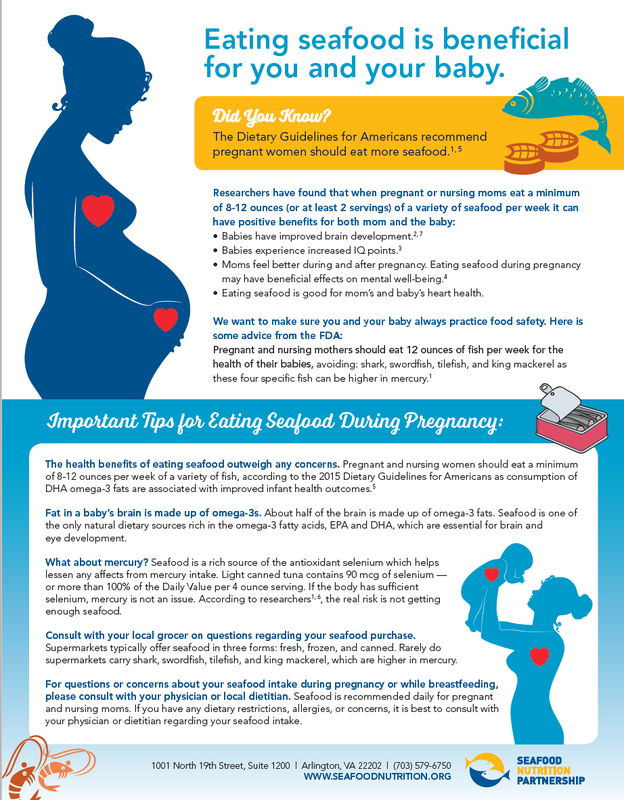How to get a let down
Is Yours Normal, Tips to Improve It, and More
What are some benefits of breastfeeding?
Breastfeeding not only creates a bond between you and your baby, it also provides your baby with nutrients that promote healthy growth.
Breast milk has antibodies that strengthen your baby’s immune system, protecting them from infections and diseases.
Breastfeeding also has long-term benefits. For example, breastfed babies are less likely to be obese or develop type 2 diabetes later in life.
Even if you’re convinced that breast milk is the best choice for your baby, you may have questions. Among your list of concerns, you may wonder whether your let-down reflex is normal. Find out more here.
What is the let-down reflex?
Between sore nipples, latching issues, and problems with milk flow, breastfeeding can be tricky. The let-down reflex, however, can make breastfeeding easier for both you and your baby.
“Let-down” is the release of milk from the breast. It’s a normal reflex that occurs when nerves in your breasts are stimulated, usually as a result of your baby sucking. This sets in motion a chain of events, and hormones are released into your bloodstream.
The hormone prolactin stimulates milk production, and the hormone oxytocin causes your breast to release or “let down” milk.
What is a normal let-down reflex?
Let-down, or the availability of milk, is different for every mother. Some women let down within seconds of their baby beginning to suck, but it takes others several minutes to let down. Therefore, you shouldn’t compare your reflex with another mother’s reflex.
Knowing what to expect during let-down can help you determine whether your reflex is normal.
Some breastfeeding mothers can feel their milk flow from their ducts to their nipples, but others don’t. You may notice different sensations in or around your breasts, such as:
- a tingling sensation, which feels like pins and needles
- a feeling of fullness
- milk leaking from your other breast
These sensations can develop immediately after giving birth, or they may not start until several weeks into breastfeeding. It varies from mother to mother.
It varies from mother to mother.
Other bodily responses
Let-down can also trigger other natural responses. Although you may only feed your baby from one breast, let-down typically happens in both breasts simultaneously.
You shouldn’t be surprised if your other breast begins to leak. Also, don’t be alarmed if you feel your uterus contract when you let down. This is also normal.
Pacing
Your milk may let down at a slow and steady pace. Sometimes, however, let down is fast and forceful.
Your baby could choke if they suck too much milk at once. The flow of milk does gradually slow down, though, and it becomes more comfortable for your baby.
If you don’t want to risk your baby choking, use your hand and squeeze out a little milk before each feeding. Fast-flowing milk not only increases the likelihood of choking, but some people believe it can cause gas and colic.
Which actions can prompt let-down?
Let-down is a normal reflex when your baby sucks on your breasts, but it can also take place before your baby latches on. You may notice your milk let down when you hear your baby cry or if you’re overdue for a feeding.
You may notice your milk let down when you hear your baby cry or if you’re overdue for a feeding.
Additionally, touching your breasts or using a breast pump can prompt let-down. This is called “expressing.”
How can you improve your let-down reflex?
Let-down comes easily and naturally for some breastfeeding mothers, but others have trouble getting their milk to flow.
If you have trouble with let-down — whether you’re feeding or expressing — there are several things you can do to help the process:
- sip on a warm beverage
- listen to soothing, calm music
- take a warm shower before feeding
- hold your baby close to your body
- gently massage your breasts to stimulate milk flow
What is the takeaway?
It’s important to remember that let-down is different for every person. You may have a physical response and feel tingling or fullness around the breasts every time milk is ready to flow, or you may feel nothing.
If you have concerns about your let-down reflex, talk to your doctor. Also, let your doctor know if you’re having pain during let-down. A painful let-down reflex isn’t unusual, and the pain typically goes away once you adjust to breastfeeding.
If pain doesn’t improve, it can be a sign of:
- a clogged milk duct
- a breast infection
- a strained muscle from giving birth
- your breasts producing too much milk
10 Ways to Encourage a Let Down While Pumping – Motherlove Herbal Company
If you're a pumping mom you know that getting your milk to 'let down' is the key to getting a good volume of milk. We know that pumping is probably not any mom's idea of a good time and that it's particularly frustrating when you can't get your milk to let down.
So we'd like to offer some tips to help you get your milk to let down, making your pumping sessions as productive as possible!
TIPS TO ENCOURAGE A LET DOWN:
Flange fit.
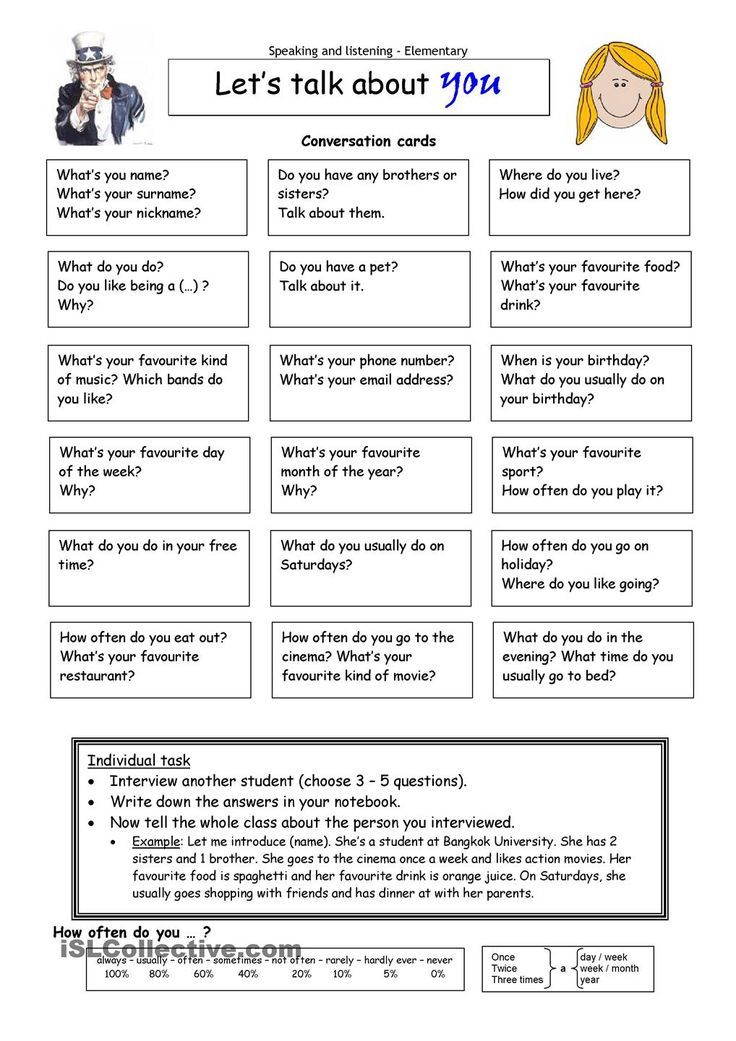
Using the right size flange for your nipple size will help with let down and also prevent injury. Motherlove's Nipple Cream is great as a pump lubricant. Here is a great guide from Aeroflow.
Pump speed.
Research has demonstrated that mothers produce more milk when their pumps simulate the sucking pattern of babies, going from a rapid speed (simulating the speed babies use at the beginning of feeding to stimulate a let down) to a slower speed (simulating babies' slower suck-swallow pattern when milk has let down). Some pumps automatically cycle in this pattern, but if your pump doesn't you can manually adjust the speed setting in this pattern, starting with fast speed and switching to a slower speed once you sense that your milk is starting to let down.
Pump suction.
Finding the right suction is another key to getting a letdown. It's best to use a suction that is mild enough to not cause injury and strong enough for you to feel the stimulation. For most moms, it requires some experimentation to find the right setting. If you're concerned that your pump's suction is inadequate (defects do occur, and older pumps do wear out), ask a lactation consultant to check the suction on your pump.
For most moms, it requires some experimentation to find the right setting. If you're concerned that your pump's suction is inadequate (defects do occur, and older pumps do wear out), ask a lactation consultant to check the suction on your pump.
The higher level of stimulation involved in pumping both breasts at the same time may make it easier to produce a letdown. It also shortens your pumping time! Hands-free pumping bras or bustiers can be helpful for double pumping.
Breast massage.Some gentle breast massage prior to pumping may help stimulate a let down since it's the nerves in the breast and nipple that send the message to your brain to let down milk. Massaging the breast or applying a compress during pumping may also help.
Hands-on pumping.
Research has shown that hand expressing before and after using the pump stimulates more milk. This is known as “hands-on pumping,” and Breastfeeding USA has a good guide to how to do it.
Conjuring the feeling of being with your baby — whether it's with images, sounds, or scent — may increase your oxytocin levels and help you achieve a letdown. Many mothers find it helpful to have their baby's blanket nearby for its scent.
Relaxing and visualization.You may find some deep breathing, soothing music, or other comforts that relax you also help to produce a letdown. Our Birth & Baby Oil can be a great product to use for relaxation.
Warmth.Some mothers find warmth, in the form of compresses on their breasts or a warm bath or shower, helps them relax and more easily get their milk to let down.
Get help.
Remember that there are many people, from other nursing moms to lactation consultants, who can help. Don't hesitate to call on the support you have available!
Formula of trust: how to avoid disappointment in people
Man among people Know yourself Man and woman
Sometimes someone does not justify trust, acts dishonestly, deceives, makes us feel pain, disappointment, resentment, and maybe even anger. We blame ourselves for our inability to understand people, we scold ourselves for gullibility and frivolity. Or we become suspicious and anxious: from now on the whole world is hostile and one must always be on the alert. This makes us unhappy and prevents us from building close relationships. nine0003
We blame ourselves for our inability to understand people, we scold ourselves for gullibility and frivolity. Or we become suspicious and anxious: from now on the whole world is hostile and one must always be on the alert. This makes us unhappy and prevents us from building close relationships. nine0003
If only we could find a universal formula and easily determine who is in front of us: an honest and decent person or a deceiver who is not worthy of trust. Can we trust a salesperson who advertises a product, an acquaintance who asks for a loan, or someone we are in love with?
We often rely on external data to make our choices intuitively. For example, according to a study by Czech scientists, people with brown eyes are more trustworthy. They explain that it's not about the color of the iris, but rather about the facial features that are associated with a brown-eyed person. nine0003
To understand whether a person is trustworthy, pay attention to how he feels about his past actions
Another study shows that it is easier for us to trust people who look like us. The reverse is also true: if we are confident in a person, we may notice a resemblance to our facial features.
The reverse is also true: if we are confident in a person, we may notice a resemblance to our facial features.
These studies explain which factors influence choice. But how to distinguish among others the one who not only has a trustworthy appearance, but is also ready to take the promises he makes responsibly? nine0003
This question was also answered. Chicago psychologists recommend paying attention to the ability to experience guilt. They conducted several experiments and found that such people had a high level of responsibility and strived to do justice to others. If a person is well acquainted with guilt, he will avoid situations that can make him relive, and strive to fulfill obligations and do no harm to anyone.
To understand whether a person is trustworthy, pay attention to how he feels about his past actions, whether he feels regret and remorse, explains Emma Levin, head of the research team. nine0003
Trust is an interpersonal process
Scientists are trying to identify criteria that would allow seeing through the interlocutor. Clinical psychologist Catherine Apont suggests looking at the situation differently. Working with couples, she noticed that everyone perceives trust differently.
Clinical psychologist Catherine Apont suggests looking at the situation differently. Working with couples, she noticed that everyone perceives trust differently.
Trusting yourself and the interpersonal process will help build relationships based on mutual respect.
Many people consider a partner to be trustworthy if they do not experience anxiety, anger or fear around him. But this approach does not take into account the feelings of a loved one and the motives of his actions. Indeed, sometimes someone's behavior annoys and even angers, but in fact the person wanted to help, and not cause inconvenience. nine0003
Apont believes that mutual trust can be guaranteed not so much by the personal characteristics of the partners as by the interpersonal process that they have managed to build.
How to do it? Firstly, learn to trust yourself, and secondly, learn to openly discuss disagreements with a partner and look for solutions together.
Trust in yourself and the interpersonal process will help build relationships based on mutual respect. In this case, the partner will become the very person whom you can trust. nine0003
Text: Ksenia Kukoleva Photo Source: Getty Images
New on the site
What is important for a successful career: 5 key qualities - coach's recommendations
"Why do girls only see me as a good listener or friend?"
“After the move, I miss my relatives terribly. I have not passed the separation?
Does the man have a reduced interest in sex? Scientists have found out what it says
How to forgive an insult: 12 useful tips - find out right now
Life suddenly lost its meaning: why do we need an existential crisis
It doesn’t matter how much you drink: how the type of character affects the severity of a hangover and how to overcome it?
A few years ago, the journal Science published a study revealing the biochemistry of disappointment. It turns out that it is accompanied by a complex and uncharacteristic for our brain double reaction. This discovery will help scientists find new drugs for depression, and we will understand that the state of disappointment is not as harmless as it seems at first glance. nine0003
It turns out that it is accompanied by a complex and uncharacteristic for our brain double reaction. This discovery will help scientists find new drugs for depression, and we will understand that the state of disappointment is not as harmless as it seems at first glance. nine0003
In the article we talk about resources and possible dangers of disappointment, self-diagnosis techniques and exit strategies.
What is disappointment?
Disappointment is a negatively colored emotional state, which is manifested by dissatisfaction and a tendency to worry about unfulfilled dreams, aspirations or hopes, as well as the collapse of faith in something or someone. It occurs after a situation in which a person loses his “rose-colored glasses” and faces reality. It appears when a carefully planned or even idealized result turns out to be unattainable and at one moment all illusions collapse. We can say that disappointment is the other side of hope. nine0003
Uncharm is the logical, final stage of charm .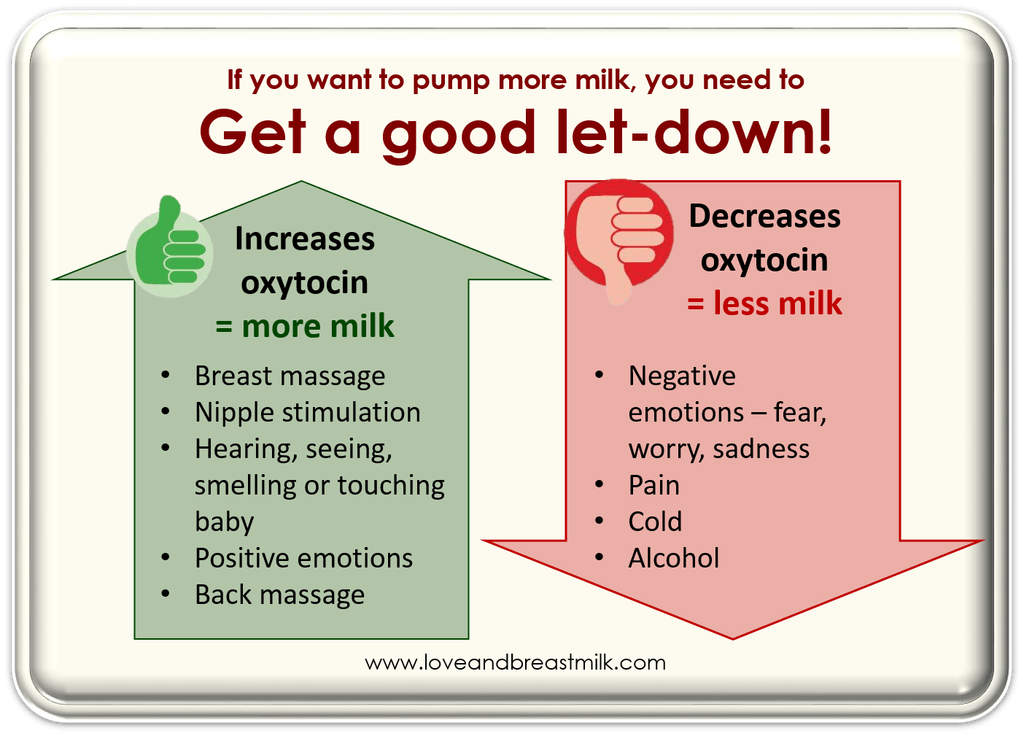 If the first is accompanied by joyful euphoria, pleasure or an intoxicating state of consciousness, then the second is impossible without sadness, anger, emptiness. Disappointment is considered one of the most difficult emotional states, when a person experiences sadness, anger, resentment at the same time. How energy-consuming it can be is shown by the epithets for the word “disappointment”: hopeless, painful, unbearable, or even murderous. nine0003
If the first is accompanied by joyful euphoria, pleasure or an intoxicating state of consciousness, then the second is impossible without sadness, anger, emptiness. Disappointment is considered one of the most difficult emotional states, when a person experiences sadness, anger, resentment at the same time. How energy-consuming it can be is shown by the epithets for the word “disappointment”: hopeless, painful, unbearable, or even murderous. nine0003
A few facts that will help you better understand disappointment:
- This is one of the configurations of frustration - a state in which a person realizes the impossibility of achieving the desired and experiences anger, despair, anxiety about this.
- Depending on the strength of emotions, it has a wide scale of gradations from “ oh well ” to “ is a complete bummer!”.
- If immersed in it for too long, it can become a quality of the personality. nine0073 Looking disappointed means trying to be in charge.
- This is not an innate, but a culturally learned egocentric emotion. It is often used as a reproach or justification for one's inaction. Less often - for decoration or attracting attention.
- It always contains the image of another "bad" one, therefore it disunites, puts up barriers between people.
- A disappointed person loses hope and support in life. Therefore, this condition is physically associated with problems with the spine, a feeling of heaviness in the head and hands. If regret accumulates over the years, it literally does not allow you to breathe deeply and leads to problems with the lungs (tuberculosis, for example). nine0074
 It is always a question of power and submission.
It is always a question of power and submission. Take the depression test
What is the source of the state of disappointment?
But disappointment also has useful qualities. It helps to return to a state of balance when we:
- Get too deep in our expectations, illusions or fantasies about something or someone.
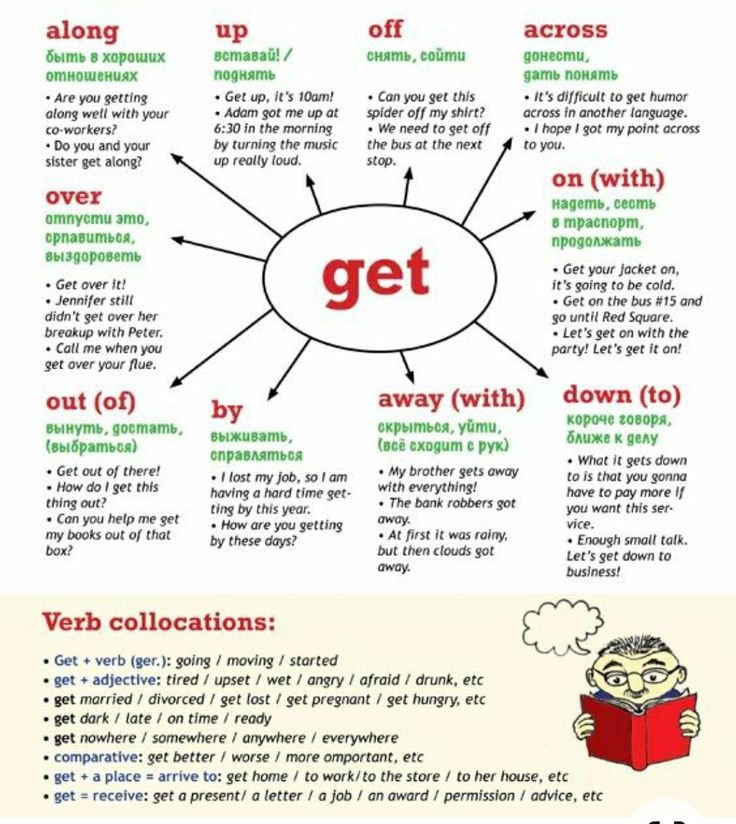
- We continue to live with children's magical thinking with faith in universal justice and universal love.
- We attach excess value to food, sex, money, material goods. nine0074
- We demand the impossible from ourselves and fight with all our might with a problem that we cannot solve.
- We are going not to our own, but to the goal imposed by stereotypes and other people's expectations.
- We get hung up on predictability, planning, control, trying to predict everything to the smallest detail.
Disappointment in people becomes dangerous when it goes into depreciation. Devaluation is the denial of any value of relationships, experiences, experiences. It anesthetizes, but kills spiritual growth and positive emotions. Disappointment without depreciation provides valuable experience, deepens and transforms relationships, strengthens self-confidence. nine0003
Five stages on the way from charm to maturity.
Psychologists say that a person feels disappointed for as long as it takes to reorient the psyche and consciousness. Moreover, such experience is an obligatory step on the way to maturity.
Moreover, such experience is an obligatory step on the way to maturity.
How the complete process of disappointment happens:
First stage: charm.
When a person is enchanted, he seems to fall under a spell: ideas, hobbies, another person, profession, new job. A very pleasant and necessary state, but also very short-lived. nine0003
Second stage: disappointment.
This is the disenchantment process when illusions are broken. The main symptoms of the second stage: loss of hope, indignation, attempts to drown out the pain with bad habits (alcoholism, drug addiction), denial. At this stage, people either “break down” or analyze the causes of their condition. Sometimes they go to a psychotherapist for an answer.
Third stage: restoration.
Those who managed to pull themselves together and get out of a dangerous turn reach this stage. Recovery provides inspiration for creativity, releases strength for new relationships. nine0003
Fourth stage: maturity.
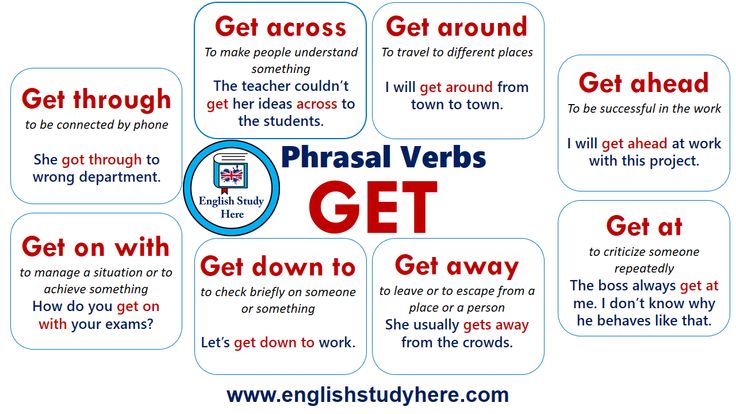
During this period a person is at the peak of his abilities. He becomes the Owner, not the Victim: he builds comfortable relationships with others, stops complaining, feels gratitude for any opportunities.
Fifth stage: satisfaction.
This is the satisfaction of having managed to pull myself together and enter a new stage of life. It is the pleasure of having an old problem solved and no longer disturbing. In general, people who have reached this stage become kinder. Perhaps it is from wisdom. nine0003
Such an interesting transformation. But in order to pass it, you have to work on yourself.
Take the depression test
How to overcome disappointment with minimal losses?
Unofficial statistics among psychotherapists show that disappointment in life is behind the majority of client requests. Of course, in most cases we are disappointed in love relationships. But not only. This condition is often associated with a career, loss of an old point of view, or getting rid of illusions. In some cases, it is experienced as a difficult moment, in others - as a long psychological process. nine0003
In some cases, it is experienced as a difficult moment, in others - as a long psychological process. nine0003
Waiting for it to “go away on its own” is useless. But you can use the ready-made strategy and move on.
1. Feel all painful emotions.
It is necessary to be aware of your emotional reaction, even if it is traumatic. If you do not admit it, disappointment will become more and more powerful over time and can lead to depression.
2. Give yourself time to mourn.
To get rid of negativity, you need to live it “to the very bottom”. Don't blame, scold yourself, or pretend like nothing's happening. It is better to set aside a day, a week (depending on the strength of emotions) for yourself and enjoy it to your heart's content. nine0003
3. Understand your expectations in a particular situation.
For example, disappointment in a person could come because of high standards - to him or to himself. Or because of too active idealization of a partner.
